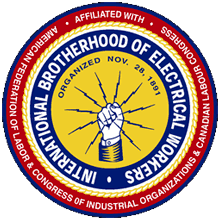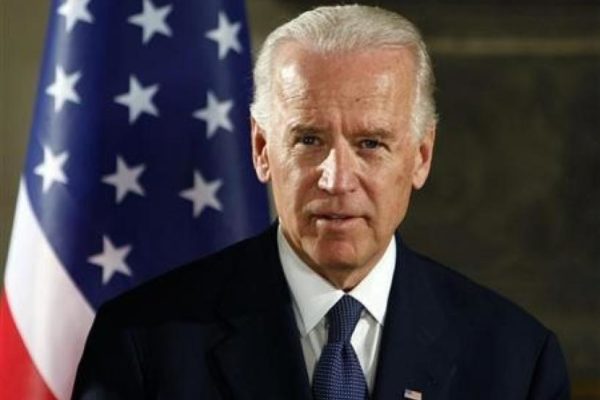WASHINGTON—The House on Nov. 7 passed a bill that would almost completely prohibit the Department of Labor from holding companies that hire temporary workers or license franchises responsible for labor-law violations or working conditions in those workplaces. The Save Local Business Act, passed 242-181, would end the “joint employer” standard the National Labor Relations Board set in 2015, when it ruled that Browning-Ferris Industries had to recognize a union at its recycling plant in Milpitas, California even though a staffing agency was their official employer. The board held that because BFI’s contract with the agency to hire sorters for the plant set conditions such as maximum pay rate, how fast they had to work, and when they could take breaks, it controlled the job enough enough to be held responsible—so it had to negotiate with Teamsters Local 350.
of Labor from holding companies that hire temporary workers or license franchises responsible for labor-law violations or working conditions in those workplaces. The Save Local Business Act, passed 242-181, would end the “joint employer” standard the National Labor Relations Board set in 2015, when it ruled that Browning-Ferris Industries had to recognize a union at its recycling plant in Milpitas, California even though a staffing agency was their official employer. The board held that because BFI’s contract with the agency to hire sorters for the plant set conditions such as maximum pay rate, how fast they had to work, and when they could take breaks, it controlled the job enough enough to be held responsible—so it had to negotiate with Teamsters Local 350.
The bill, sponsored by Rep. Bradley Byrne (R-Ala.) would amend the National Labor Relations Act to say that a business can be considered a joint employer only if it “directly, actually, and immediately” exercises “significant control over essential terms and conditions of employment.” Thus, companies could not be held responsible for workers hired by a staffing agency, contractor, or franchisee.
“I have no doubt today’s vote will make things easier for small businesses throughout the country and help clear the air of uncertainty,” Byrne said in a statement after the vote, adding that the House was “doubling down on our commitment to protecting local businesses and their employees.” Rep. Tim Walberg (R-Mich.) called the NLRB’s joint-employer decision “a classic case of solving a problem that doesn’t exist.”
Marni von Wilpert, associate labor counsel at the Economic Policy Institute, says it is highly ironic that the bill is called the Save Local Business Act, because it would “allow big corporations to get away with major labor-law violations and leave small businesses on the hook.”
Rep. Byrne, speaking at a committee hearing Oct. 4, contended that “this bill does not take away a single protection from a single worker. Instead, it ensures the actual employer is legally responsible for providing those protections.”
But the “actual employer” punished for any violations, von Wilpert responds, would be the franchisee or the staffing agency; the bill would “insulate” the franchisor or the company that hired workers through the agency from any responsibility. If it were enacted, she added, it would set such a strict standard for when a company could be considered a joint employer that it would prevent actions such as New York State Attorney General Eric Schneiderman’s 2016 wage-theft lawsuit against Domino’s Pizza and three of its franchisees. The suit alleged that Domino’s had required the franchises to use a proprietary computer-payroll system that paid workers less than minimum wage and cheated them out of overtime.
As many as 24 million U.S. workers are employed under such “alternative work arrangements,” the EPI estimated in a May study. Workers in Amazon and Walmart’s mail-order shipping centers are usually employed by staffing agencies hired by a logistics subcontractor. At Nissan’s Canton, Mississippi auto plant, as many as 40% of the 6,400 production workers are hired through outside agencies. The more than 2,000 temps there are paid about half of what Nissan employees make, and get significantly less if they are hired permanently.
The Save Local Business Act would also make it much harder for workers to organize unions, as they could only bargain with the employer of record. In the fast-food industry, that would mean that any unions formed would have to negotiate with thousands of individual franchises, instead of with an entire chain such as Domino’s. In the BFI case, one issue was that workers could not bargain with the staffing agency over many workplace issues, because they were controlled by its contract with BFI—which was not their official employer.
On the other hand, as the computer-programmer saying goes, “that’s not a bug, it’s a feature.” “This joint-employer scheme was really intended to make it easier for Big Labor to organize small businesses,” Rep. Byrne said at the Oct. 4 hearing.
Eight Democrats voted yes, and no Republicans voted no. The bill now moves to the Senate, where its prospects are less certain.



